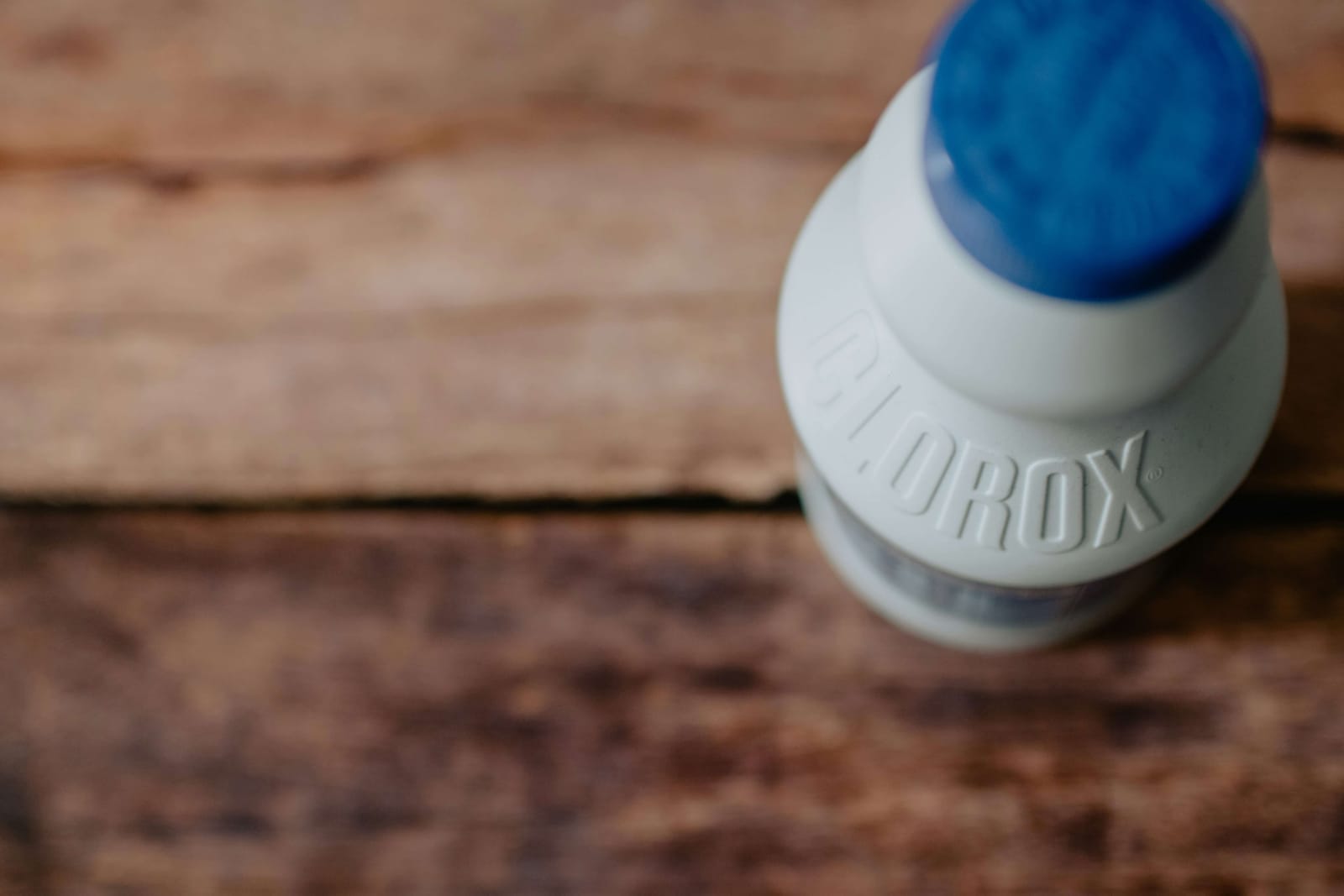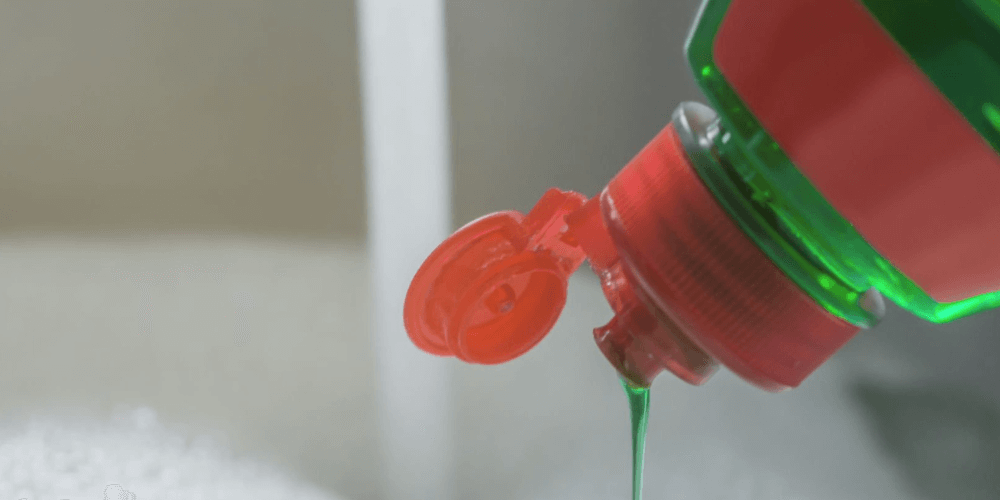Blenders are a staple in many kitchens, used for everything from smoothies to soups. But when choosing a blender, one of the key decisions you'll need to make is whether to go for a glass jar blender or a plastic one.
In this micro-post, we'll explore the advantages of glass jar blenders and why they might be the right choice for you.
In This Article
- Durability
- Health Benefits
- Ease of Cleaning
- Types of Food and Drinks
- Additional Benefits
- Conclusion
- Frequently Asked Questions
- Further Reading
Durability
One of the main advantages of glass jar blenders is their durability. Glass is resistant to scratching, which means it can maintain its clear, shiny appearance for longer. Plus, glass jars are often made from tempered glass, designed to withstand the high-speed rotation of the blender blades. This makes them a robust and long-lasting choice.
Health Benefits
Glass jar blenders also offer certain health benefits. Unlike plastic, glass is non-porous, which means it doesn't absorb odors or flavors from the food you blend. This ensures that your smoothies or soups won't have any unwanted tastes.
Also, glass is BPA-free, so you won't have to worry about potentially harmful chemicals leaching into your food.
Ease of Cleaning
Glass jar blenders are easy to clean, another significant advantage. Food and liquids don't stick to the glass as much as they do to plastic, making it easier to clean off any residue.
Plus, glass jars can often be put in the dishwasher for a thorough clean, whereas plastic jars can warp or crack under high temperatures.
Types of Food and Drinks
Finally, glass jar blenders are versatile when it comes to the types of food and drinks you can prepare. They're great for smoothies, soups, sauces, and more.
Plus, because glass can handle hot liquids, you can blend soups right off the stove without worrying about the jar cracking or shattering.
Additional Benefits
- Transparency: The clear nature of glass allows you to easily see the contents of the blender, making it easier to monitor the blending process and achieve the desired consistency.
- Taste Preservation: As mentioned earlier, glass is non-porous and doesn't absorb flavors or odors. This means that each blend will taste exactly as it should, without any residual flavors from previous blends.
- Chemical-Free: Glass is a natural substance that doesn't contain any chemicals that could leach into your food, making it a safer choice for those concerned about chemical exposure.
- Aesthetics: Glass blenders often have a more premium and elegant look than plastic ones. They can add a touch of sophistication to any kitchen decor.
- Heat Resistance: Glass can handle heat better than plastic. This means you can blend hot ingredients directly in the blender without worrying about the jar warping or releasing harmful chemicals due to heat exposure.
- Weight: While the heavier weight of glass compared to plastic might seem like a disadvantage, it actually helps to stabilize the blender during operation, reducing the chance of it moving or tipping over.
Conclusion
In conclusion, glass jar blenders offer numerous advantages, from durability and health benefits to ease of cleaning and versatility. While they might be a bit heavier than plastic blenders, the benefits they offer make them a worthwhile investment for any kitchen.
Frequently Asked Questions
What are the advantages of glass blenders?
Glass blenders are durable, easy to clean, and don't absorb odors or flavors. They're also BPA-free and can handle hot liquids.
What are the advantages of glass jars?
Glass jars are non-porous, so they don't absorb odors or flavors. They're also resistant to scratching and can be cleaned in the dishwasher.
Why is a glass blender better than plastic?
Glass blenders offer several advantages over plastic, including durability, ease of cleaning, and the ability to handle hot liquids. They're also BPA-free and don't absorb odors or flavors.
What is the use of a glass jar on a blender?
A glass jar on a blender is used to hold the ingredients you're blending. It's designed to withstand the high-speed rotation of the blender blades and can handle both cold and hot liquids.
Further Reading
- Glass vs. Plastic Blenders: An In-Depth Comparison - Compare the pros and cons of glass and plastic blenders to make an informed purchasing decision.
- Mastering Glass Blender Maintenance: A Micro-Guide - Learn how to properly care for and maintain your glass blender to prolong its lifespan.
- Discover Food Network's article featuring 50 satisfying smoothie recipes, perfect for a delicious and nutritious beverage.
- Considering a new blender? Our article on the highest-rated glass blenders is a must-read.



